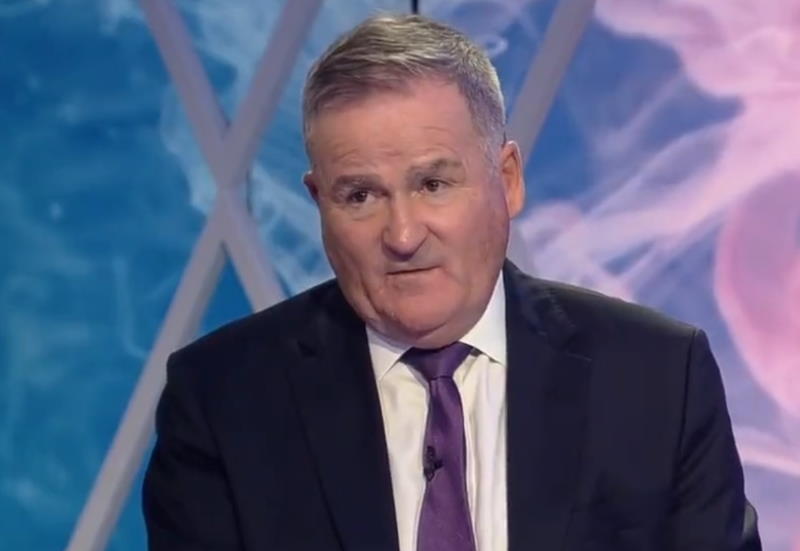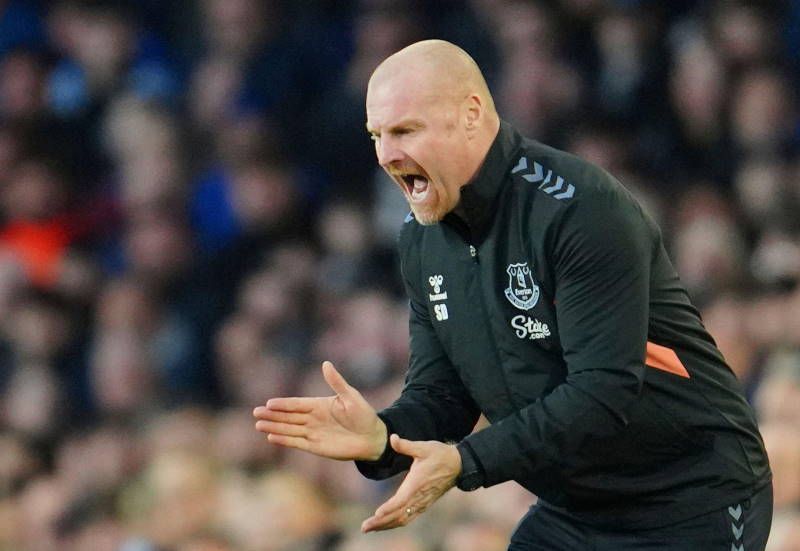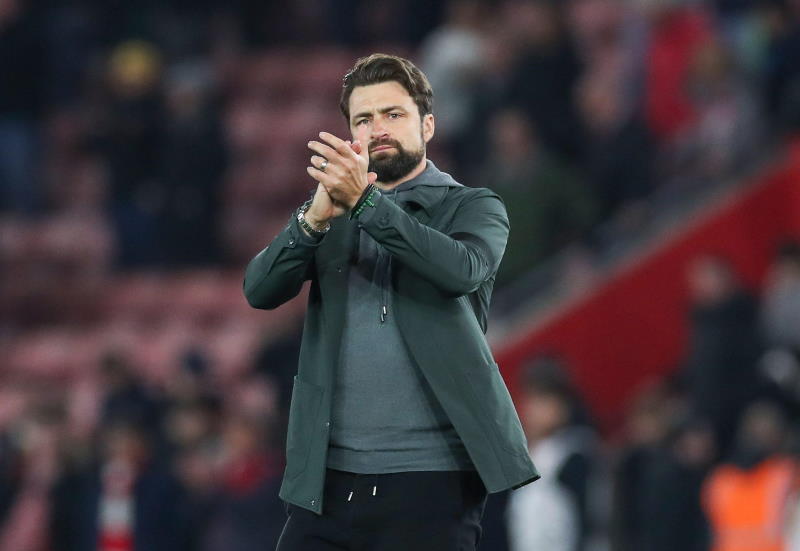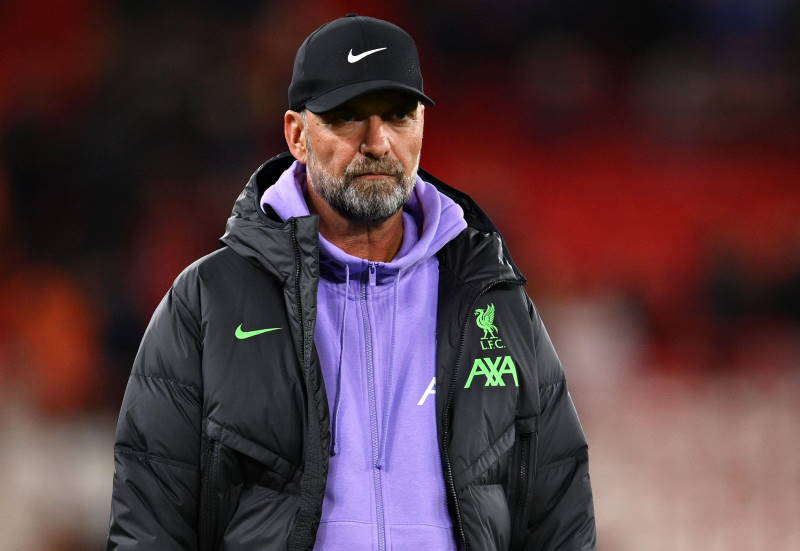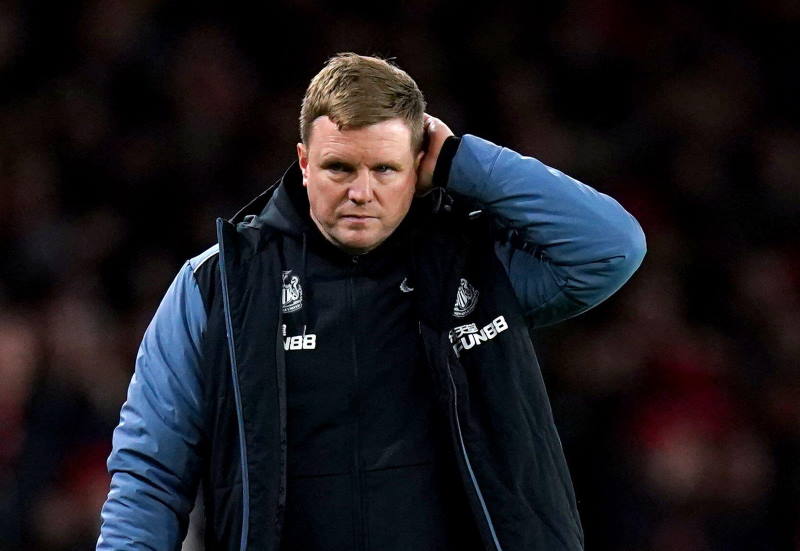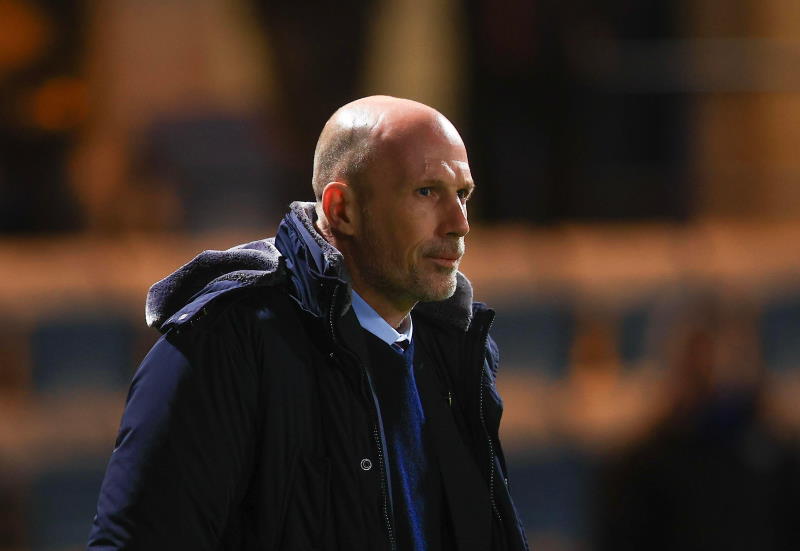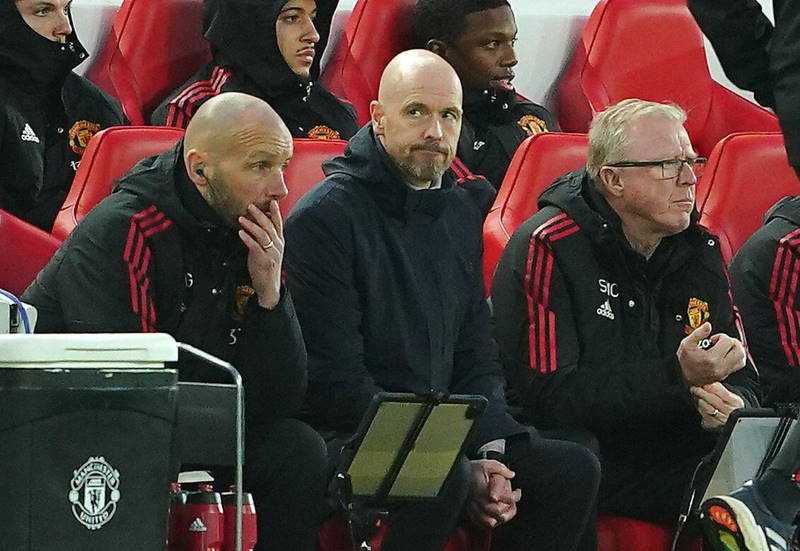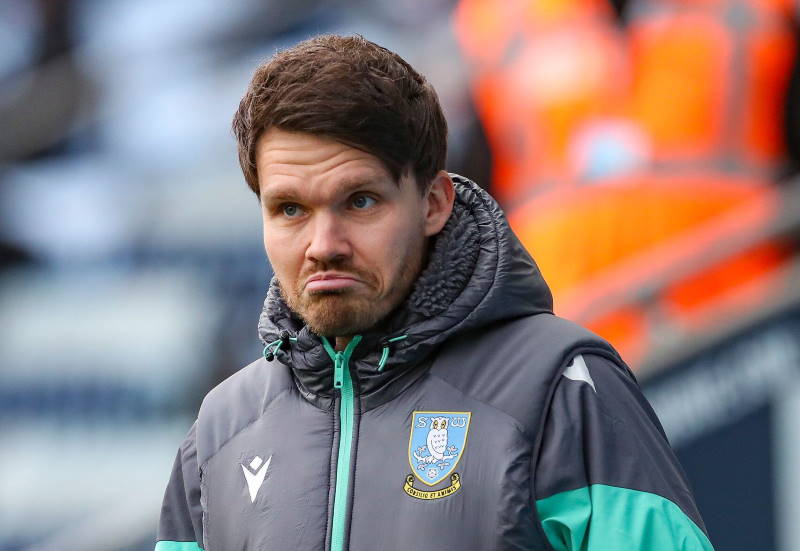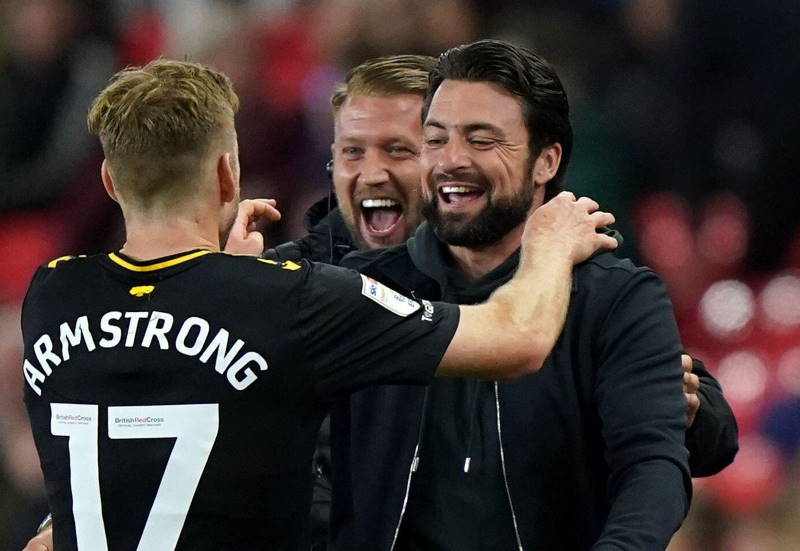
It does not get better in football than have the chief of UEFA for a friend. So not surprisingly, the election of Zbigniew Boniek as President of the Polish Football Association (PZPN) has raised the expectations of the nation’s footballing community. They feel that they have an internationally respected voice at the helm, and that is certainly true of his connections at UEFA.
It is mainly about image and when it comes to a high-profile one, they do not come much higher than Boniek’s. He is perhaps the only Polish footballer who ever really earned the titles of being ‘world class’ and a ‘legend’ by getting to the very top and winning major honours there.
After the 1982 World Cup, in which the redheaded midfielder led Poland to a magnificent third place, Europe’s biggest club at the time, Juventus, pulled the strings to bring him to Turin. It is said that the Bianconeri’s owner Gianni Agnelli persuaded the football-loving Polish Pope John Paul II to work on the government in Warsaw to let Boniek leave his club Widzew Lodz. At that time, virtually all the Eastern European communist governments refused to let players go abroad until they were at the end of their careers.
Juventus’ persistance paid off because the then-26-year-old, nicknamed ‘Zybi’ in Italy, helped form the triple spearhead which finally propelled the Serie A giants to the European Cup. His partners in crime were lethal striker Paulo Rossi and the undisputed maestro Michel Platini himself, who was also the world’s best player at that time. Unfortunately, the 1985 European Cup final at the Heysel Stadium in Brussels against Liverpool will forever be remembered more for the tragic deaths of 39 Juventus supporters before the kick-off. But for the record it was Platini’s penalty, following a foul on man of the match Boniek, which secured the trophy.
But like many great players, Boniek failed to carry his on the pitch successes into coaching. He has however managed to do very well in business since leaving football.
Boniek’s predecessor at the PZPN, Grzegorz Lato, was also presumably elected to the top job of Polish football through his playing success; he was the top scorer at the World Cup finals in 1974. But Lato also showed that success on the pitch does not necessarily transfer to the office of administration.
Poland has the potential to become a major footballing nation, though the lack of finance is holding the country back. The game is in a hole and it is always difficult to attract investors to help climb out of it; they prefer to put money behind something that is already moving along. Poland is not a poor country, but its business community tend to be pragmatic and therefore reluctant to invest in football, which is a notorious drain on resources. Unlike its neighbours Ukraine, where billionaires like Shakhtar Donetsk owner Rinat Akhmetov apply their debit cards freely on behalf of their clubs.
Following the comparative success of Euro 2012, the staging of which Boniek played an important role in through his connection with Platini, the timing of this appointment could not be better. Surprisingly Poland seemed to have gained slightly more favourable publicity for its handling of the tournament than did co-hosts Ukraine. This makes it a solid platform on which to build a strong football structure and Poles are hoping that Boniek might be the man to complete the job.
He could start by resolving the perennial problems that are continuing over that other structure, the National Stadium in Warsaw. Many foreigners are probably unaware that the farcical failure to close the roof before the recent Poland v England World Cup qualifier was just the latest in a series of hiccups. The stadium owners virtually refuse to let the "national showpiece" be used by Polish clubs for fear of crowd trouble. This has led to a conflict with the PZPN, which resulted in Lato doing everything he could to stop the Polish national side from using the stadium for all but the most vital competitive matches.
Boniek, like all Polish football fans, would surely prefer to see the Polish Cup final staged there regularly, instead of being moved around provincial cities as it has been since time immemorial – just as national cup finals are played in capital cities throughout the rest of the world.
Successful players do not usually go into administration, but the game does attract successful businessmen and in Boniek, Polish football has the rare combination of both.

